This Week
Tuesday: 5:00PM National Night Out! Midway Park!
Thursday: 5:00PM Public Safety Committee Meeting (Agenda) (Video)
Thursday: 6:00PM City Council Meeting (Agenda) Some highlights:
- The City Manager will give an update on the Ferry Pilot which is scheduled to start August 10th.
- We are being asked to waive Destination Des Moines rental fees for all summer events: prox. $12,000.
- We are accepting two vehicles from King County for use by our new Mental Health Responders
- We are approving two construction projects concerning Barnes Creek which should (DV) improve fish passage.
- We are being asked to use our Lodging Tax (which comes from hotel stays) for these purposes:
- Application from the City of Des Moines for reimbursement of expenses to host the 4th of July Fireworks Show. Total application request = $28,000.
- Application from Seattle Southside Regional Tourism Authority for creation of a digital discount and incentive app for local merchnts. The idea is to give coupons to people at the Famers Market which they can use at local shops. Total application request = $12,500.
- Application from Seattle Southside Regional Tourism Authority for digital marketing of the Des Moines Fast Ferry. Total application request =$15,500.
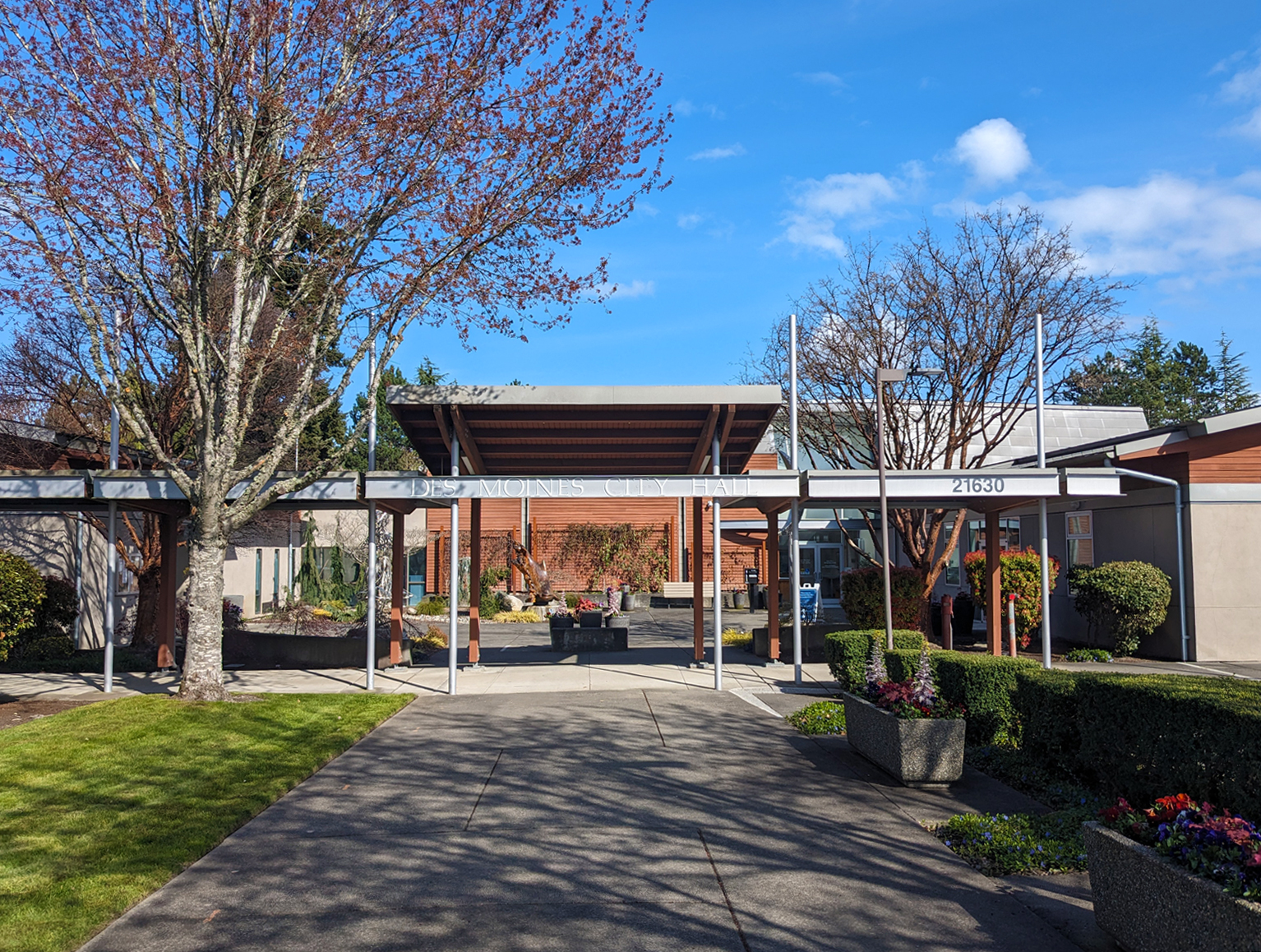 City Council Meetings are scheduled for Thursdays at 6:00PM at City Hall 21630 11th Avenue S., Suite #C Des Moines WA 98198. They can also be viewed live on Comcast Channel 21/321 or on the City’s YouTube channel. Committee Meetings are either at 4:00PM or 5:00PM, also on Thursdays.
City Council Meetings are scheduled for Thursdays at 6:00PM at City Hall 21630 11th Avenue S., Suite #C Des Moines WA 98198. They can also be viewed live on Comcast Channel 21/321 or on the City’s YouTube channel. Committee Meetings are either at 4:00PM or 5:00PM, also on Thursdays.
You do not have to sign in to attend a meeting!
The sign-in sheet is only for people wishing to make a Public Comment.
Last Week
I passed out flyers for National Night Out this week and I’ve got a bag of flyers in four languages. And then… my car got stolen. Yes. Again. 😀
Tuesday: 12:00PM Port of Seattle Commission Meeting (Agenda), Sea-Tac Airport, Mezzanine). Key items were:
- Funding the next Flight Corridor Safety Program. If you were here for the last round in 2017, it wasn’t pretty. They proposed cutting 3,000 trees. The final tally was 976. Some small good came out of it, including a decent tree replacement program, new fences and gates for Hillgrove Cemetery, and the ACE Grant program which has been useful at Midway Garden and Saltwater State Park. But FAA regs require a new survey of possible obstructions every five years. And… time flies, right? My purpose was to remind them to to make sure there has been a lessons learned. They are required to do this survey, but they can do it better.
- In addition to this, there was another item on the agenda which is SAMP-related. And there will continue to be at least one SAMP-related project on the Commission’s agenda for the remainder of the calendar. Last week the Port gave a huge swath of land over for development which will surely be more cargo-flight-related. The airport expansion is happening now.
Wednesday: The public comment period on scoping for the Masonic Home Environmental Impact Statement (EIS) begins. It will end on August 25, 2022 at 4:30 p.m. A virtual Public EIS Scoping Meeting is scheduled for August 15, 2022 at 6 p.m. Check the City web site for information!
Wednesday 2:30PM Highline Forum (Agenda) … at… Highline College. 🙂 This was more interesting than I expected.
- The City of Burien Economic Development Team gave a presentation which made me feel slight déjà vu. It included programs I’ve proposed here for a couple of years including
- On site mall business coaching
- Small business digital marketing assistance (we’re kinda/sorta doing that above with the coupons, but I’m talking about extending reach beyond the Farmers Market.)
- Highline College gave a presentation on their Global Logistics degree program. This is one of the on the groud ways you fix racism and increase diversity. My company worked a lot in the world of ‘shipping’. It was traditionally a very insular world because it consists of dozens of very specialised worlds most of us never even think about. So you usually only broke into it by having a Dad who owned the freight forwarding company. Or by ‘knowing a guy’. By making it a college degree program, it opens a whole universe of opportunities.
- Highline Schools gave a talk on Career and Technical Education. (When I was seventeen we called it ‘trade school’.) Since it was so great for me, I am always trying to promote CTE (like the Design/Engineering program at Pacific Middle School!) But almost all of the presentation concerned construction. And frankly, I hope to find that there’s a bit more balance.
The Highline Forum is run by the Port of Seattle so I guess it’s natural for both the college and the school district to focus their presentations on issues of interest to the Port. But having come here from Detroit, I’m always a bit leery of any education system focusing too much on the needs of one big employer. There are many other skilled trades such as machinist and electronics (which I did).
Friday: King County Flood District Advisory Committee (Agenda). The county and cities are working out the budget. Like the world of logistics, the network of hundreds of rivers and creeks in King County is a ginormous system most people take for granted.
Like many groups we’ve been doing Zoom meetings. But soon we’ll transition back to in-person meetings. I kinda made a pain of myself by asking that the group invest in some hardware for hybrid meetings–so people can attend from all around the County. After all, KC is huge. So even if we rotate locations, it’s a lot of driving for any number of members. The gear to do a decent hybrid zoom meeting has come down in price dramatically in the last year (maybe $1,000.) And I’d like to see the County establish a ‘lending library’ of gear so that all our groups can do hybrid meetings and save on driving/fossil fuels/etc.
The Deputy Mayor and I comment on Des Moines Creek West via Social Media
Introduction
At the July 12 Port of Seattle Commission Meeting, Mayor Mahoney and Deputy Mayor Buxton spoke in favour of the Port taking the 14.4 acre slice of WSDOT land west of the current Des Moines Creek Business Park off 216th. You can watch their testimony and get my take on it here.
That afternoon, there was a post post about on the Facebook Community Page and the Deputy Mayor wrote a lengthy defense of the City’s decision which I post below. I urge people to read her essay carefully (and the entire thread if possible, of course.) And here is my response.
My Response
At first read, Deputy Mayor Buxton’s essay sounds great, especially if you are, like most of us, unfamiliar with terms like the Growth Management Act. Most of you will not read long essays. You want it fast and simple and if at all possible, upbeat. The notion of tree plantings, cleaning up trails and one-time money will sound very appealing at first glance.
But we also have an obligation to be straightforward. So I’ll just sum it up: Deputy Mayor Buxton is entitled to her opinions re. the wonders of the free market. But those are opinions and not the whole story and some of them are not even factual. There are errors in her essay which I talk about in detail below. However, if you take only two things away from what I write, here are two facts. Everything else is just stuff to support them:
- The Growth Management Act she refers to repeatedly is not a set of regulations, as much as it is a set of planning goals. There’s no ‘GMA Police’ that required us to accept that agreement and turn the area into even more asphalt and warehouses.
- The area was originally bought with FAA money, as part of a 1long-term agreement between the Port, King County and the FAA going back to 1973 when the community rose up in protest against the Second Runway. And the intent was that, whatever purpose the land might be put to, the primary beneficiary would be the people of Des Moines. We were meant to choose, not the Port of Seattle.
And in my opinion, when it came to the Des Moines Creek Business Park we chose wrong. Really wrong.
RE. Deputy Mayor’s arguments
Are GMA goals useful? Sure. Having targets for housing and economic growth are very useful. It is doubtful that any small city like ours could get where it needs to go without the kind of planning resources the State provides. But how we reach those goals is up to us.
However, in my opinion, the least useful aspect of her argument is “jobs”. My job is not to care about “jobs”, unless those jobs are living wage jobs for residents of Des Moines. For example, my enthusiasm for the FAA building was about zero because almost none of those jobs are for residents of Des Moines.
Also, because it is a Federal building, it offers zero tax revenue for the City beyond the one-time payment and nominal utility taxes the Deputy Mayor mentioned. And it is that dependence on one-time money that kept our City down for so many years. Her mentor Dave Kaplan (now Port lobbyist to us by the way) used to scream against it when he was Mayor. And ironically, I am 100% in agreement with that. We should never make planning decisions based on the promise of one-time money, because once the construction cranes are gone, we have to live with the results for the next fifty years. And in fact, our City Code now wisely requires us to set aside one-time money for future capital projects.
When I look at a land use opportunity, my interests are:
- The environment, including how well it fits with the existing neighbourhood.
- How much ongoing revenue will it provide for Des Moines; after the cranes are gone.
Low wage warehouse jobs for people living elsewhere that facilitate more cargo flights are about #71 on my list of priorities.
The deal the Port struck with WSDOT could have been ours. Simple as that. The City of SeaTac took their side and we could have taken ours. There is nothing else to say. All that ‘GMA’ stuff is a smokescreen.
The fact is, we could have done exactly as the Port (strike a deal with Panattoni and make $3.4M in annual rent.) Or we could have done something else. But we would have been able to choose how to balance the needs of the environment and our desire for ongoing revenue.
The only limiting factor would be money. Despite recent improvements to our bond rating, we still have limited credit. If we had spent $3M on that land that would be $3M we would not have available for something else. The obvious reason we did not is because the City wants to use all its available money for Marina Redevelopment projects (like the Ferry Pilot.) But since the City Council was never offered the option I cannot know.
OUTSOURCING THE environment
Regardless, there is no world in which giving that space to Panattoni improves our tree canopy and our environment. Not a chance. I know because I’ve been aware of the deal for several years and been lobbying their real estate team to get that 4-1 deal–and a few other amenities like EV charging stations. No matter what they ‘replace’, the overall impact of all that asphalt is a big carbon negative. If we controlled the land, we could use some of the revenue to plant trees elsewhere. We could make decisions as to how much impermeable surfaces we want. They certainly won’t. That’s the problem with ‘mitigation’, it never takes into account the big picture.
Is it nice if Panattoni cleans up the path to Des Moines Creek Trail? You bet. But again, it’s a false choice because if we owned the land we could have done exactly the same things, and been sure it was done the way we wanted it done.
But this is the bad part
The Port purchased those 14.4 acres for $3M–a very good price, by the way. And they were able to take ownership of the entire Des Moines Creek Business Park and Des Moines Creek North parcels using FAA money. So for them, this is a no-brainer.
But again, all of that was meant for us. Or rather, for King County (since that part of Des Moines was unincorporated and part of the original land use agreement.) The entire area was meant to be a noise buffer and compensation for the Second Runway.
The deal I’m referring to, which King County struck with the Port and the FAA was called the Sea-Tac Communities Plan (SCP). It was not merely some money and property buyouts. The SCP was meant to be something completely new: As residents of King County, we were going to be true partners with the Port on all future airport development, something revolutionary among American airports! It was quickly followed by a Highline Communities Plan, which codified the zoning to make it real. And the most tangible evidence of it working properly was the creation of North SeaTac Park.
The Sea-Tac Communities Plan was supposed to be the ‘war to end all wars’. Even then FAA realised that the Port had made a habit of cost overruns. And we were not meant to be constantly fighting Third Runways and SAMPs and taking the odd table scrap grant for volunteers, using our own property taxes, by the way. We were supposed to have a seat at the table for every airport expansion because that was considered to be just plain good business. For everybody. As the airport prospered, 2we were expected to get some of the gravy.
(And if we’d had even half a brain, we would have become a single city called Highline, swallowed the airport, instantly become almost as powerful as Seattle and lived happily ever after. Spoiler alert: we did not do that.)
I know the idea of a true partnership in planning and revenue sharing sounds unbelievable to you, especially if you’re in the “don’t like it move!” camp, but it’s true. The unbelievable part is that both the Port and your government were able to disassemble this historic agreement and convince you it never even happened in just a few decades. People can quickly learn to content themselves with very little if it’s all they’ve ever known.
This offends me
And in closing that is why this offends me. We are so contemptuous of history that my colleagues actually believe that this unnatural situation we live in now is ‘normal’ and even great for Des Moines.
For the Port of Seattle, $3M is about 1.4% of their current cash reserves. That’s about as much of a stretch as it is for many of you deciding to buy a new TV on a whim. But for that small amount, plus the rest of that FAA-paid DMCWest land, they will rake in $3.4M every year from now on. Which is less than 5% of their annual revenue. Ho hum.
However…
I want you to hear this in the Samuel L. Jackson voice, with all the appropriate language:

DO YOU HAVE ANY MF IDEA WHAT $3,400,OOO IN ANNUAL STRUCTURAL REVENUE WOULD MEAN TO THE CITY OF DES MOINES?
That kind of money would literally solve every problem we’ve ever had and ever could have. Overnight. 3That’s the kind of money cities invest and then live happily off the dividends. It is a big screen TV for the Port of Seattle, but it would be transformative for Des Moines. It’s what we should have gotten all along. And the funny part is: they could offer that kind of magic wand to us any day of the week.
When you need new docks? Or a community center? Or even a Masonic Home? You simply buy it. In cash. No more screwing around with grants and saying how grateful you are for that ‘3-1 match’. You get the public safety you need. You get the programs your kids need. The sidewalks. The roads. The air filters. The cultural events. The human services. The everything.
Somewhere along the line our own City Council bought into the Port’s prosperity gospel: The Port owns all the resources. But don’t worry, they’ll help you grow your way to a bright future. With grants! And training! And most of all? Jobs!
If it’s all the same to you, I’ll take the land and the cash, thanks very much.
And that is what we should’ve had our eyes on all along. Taking advantage of the boring opportunities right in front of us, just by understanding how the airport actually works and not spending decades being groomed.
Now? We’ve been reduced to an “if you build it he will come” strategy based on items like a ferry and an adaptive purpose building. Not because they come with legit economic forecasts but basically because, well, because they just sound so darned cool.
I didn’t run for office to be ‘cool’. My goal was (and is) to get paid. Our job should be to develop plans that will provide the highest quality services to the greatest number of residents in Des Moines; not to create a sparking waterfront that does not pay. And I do not see how projects like a ferry achieve those goals better than doing the boring thing that most successful investors do: scoop up quality commercial land whenever it becomes available. After all, it was supposed to be ours all along.
*The Deputy Mayor’s comments in full, taken from the original post. I did this screen grab not as some ‘gotcha’ but because I’ve been told that whatever ‘editing’ I might do, no matter how light could change the meaning of the post. Fair point.

1Here is a letter from the Port of Seattle to the King County Council giving an overview of key features of the initial agreement, called the Sea-Tac Communities Plan. Lands bought by the FAA were to be administered by King County for the benefit of residents.
2One way to think about it is being similar to how the good people of Alaska get an annual stipend in exchange for letting the oil companies use their land. That stipend has never kept the oil companies from making a profit. Similarly, in the Sea-Tac Communities Plan, the Port states repeatedly that they can provide ongoing compensation and make a profit. It was never meant to be a ‘one and done’ transaction.
3Actually, that’s what the Port of Seattle does. At any given moment, their Real Estate Division holds over fifty properties outside the airport and docks. They generated almost $20M in revenue (up 9%) in 2021. Even within the conservative limits of government investments, they average a 2.3% return year in and year out–and that’s beyond the increase in the asset value. Land is usually a safe bet–even with the occasional pandemic. The Commissioners hate it when I say it, but I coined an expression to describe this state of affairs: The Catholic Church Of King County.




 All these statements strike me as being along the lines of the “America? Love it or leave it!” argument I heard a lot when I first moved here in the 70’s.
All these statements strike me as being along the lines of the “America? Love it or leave it!” argument I heard a lot when I first moved here in the 70’s. As many of you know, when I came to America, I lived in Detroit. And for some reason, my congressman always seemed to be John Dingle no matter where I lived. 😀 He was not above changing Districts from time to time for political advantage. One of those guys who sticks around for fifty years. And when he got too old? Of course, he got his wife to take his spot. That’s old school. 😀
As many of you know, when I came to America, I lived in Detroit. And for some reason, my congressman always seemed to be John Dingle no matter where I lived. 😀 He was not above changing Districts from time to time for political advantage. One of those guys who sticks around for fifty years. And when he got too old? Of course, he got his wife to take his spot. That’s old school. 😀 The perverse incentives for local politicians and business are exactly the same as for Mayor Larry in the movie Jaws. You know there’s a problem (Bruce The Shark/Air pollution), but you don’t want to make too big a deal about it. And you certainly don’t want to close the beach! You want to tell everyone that your town is a great place to live. So you do less than you could/should because it might create negative press for the city.
The perverse incentives for local politicians and business are exactly the same as for Mayor Larry in the movie Jaws. You know there’s a problem (Bruce The Shark/Air pollution), but you don’t want to make too big a deal about it. And you certainly don’t want to close the beach! You want to tell everyone that your town is a great place to live. So you do less than you could/should because it might create negative press for the city.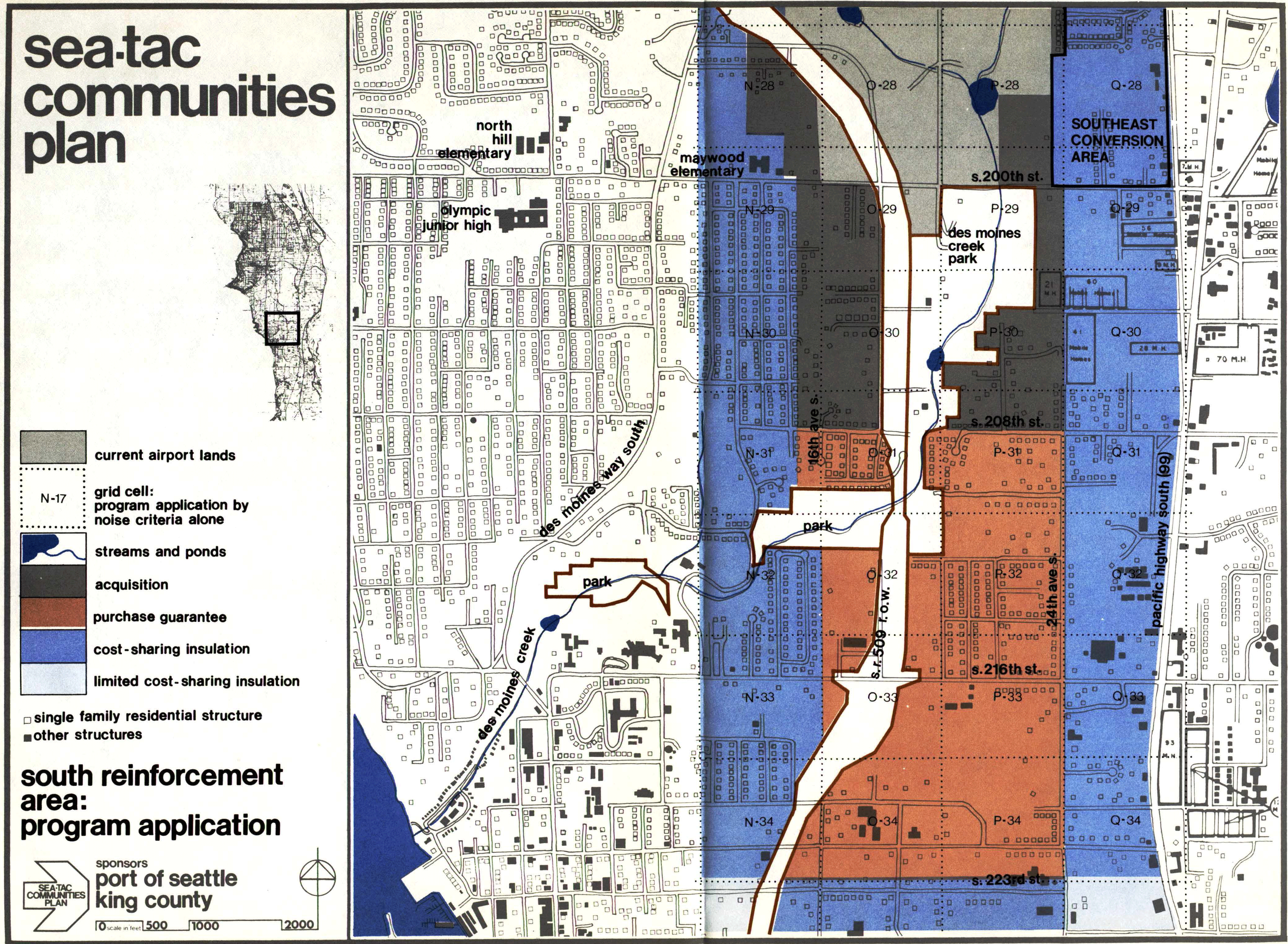
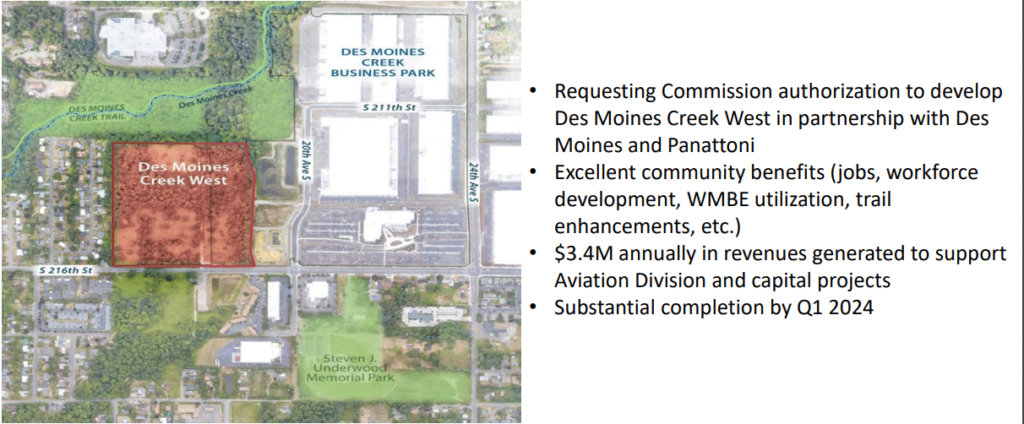
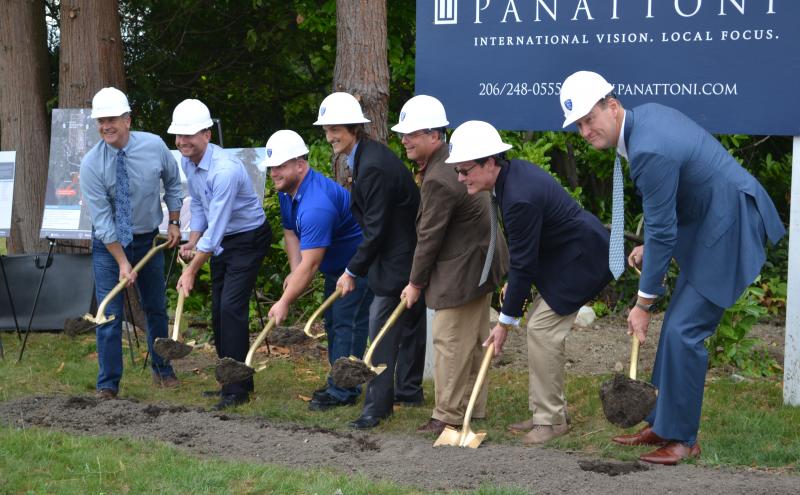
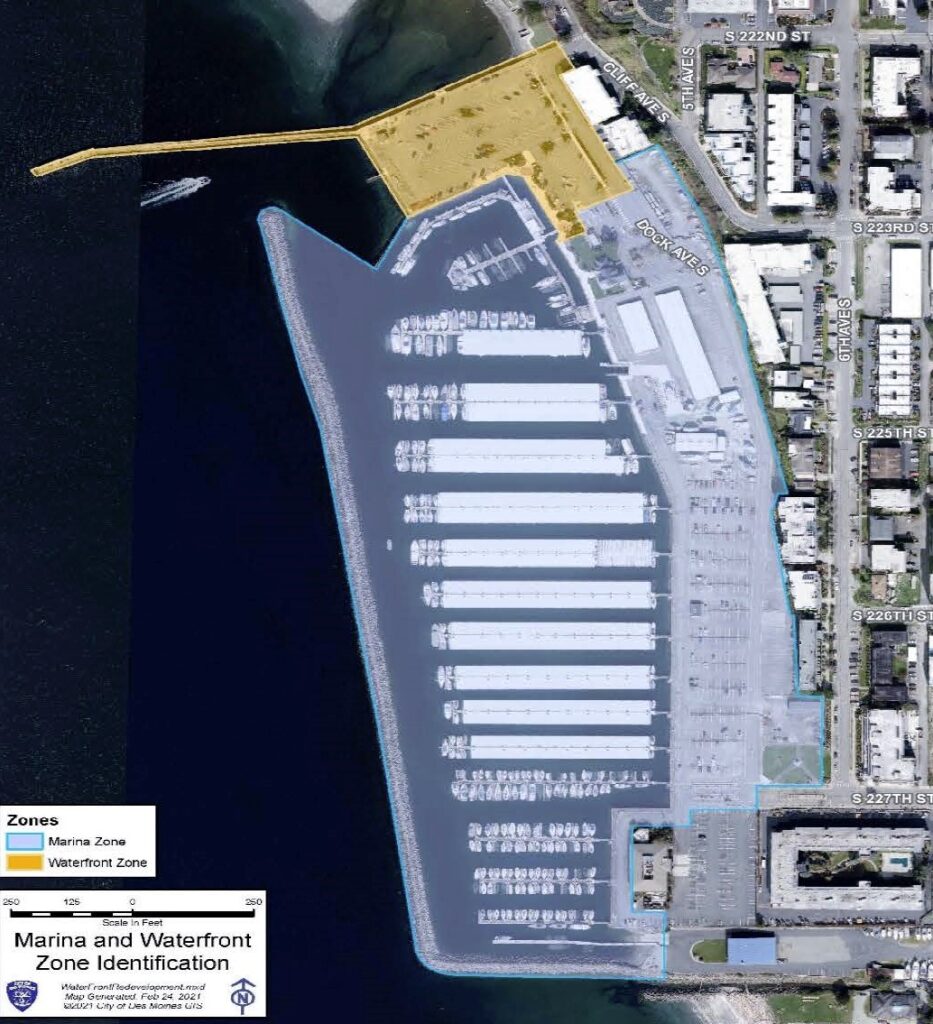
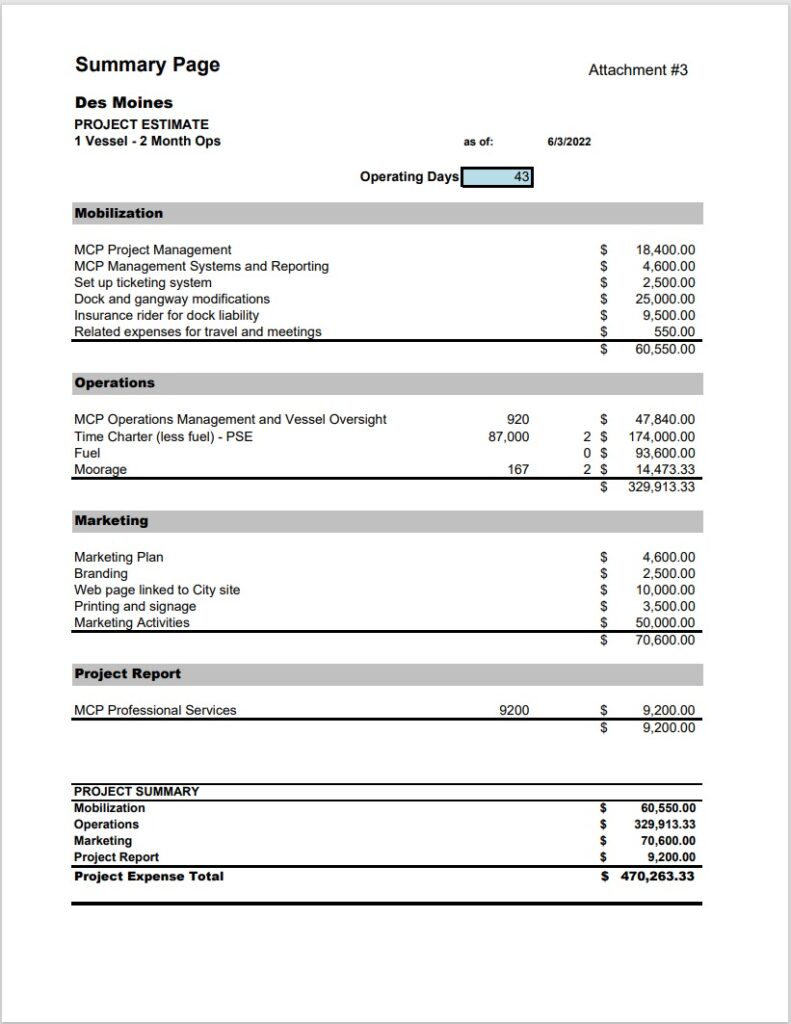
There are three ways to provide Public Comment:
All letters or e-mails requesting a specific action are referred by the City Clerk to the appropriate City department.
If you would like a follow up from me, personally please indicate that or call me (206) 878-0578.
The Clerk does not read e-mails to the Council in full; only the subject line. However, we do see them as soon as you send them. Your comments are added to the Agenda Packet available on the City web site following each meeting.